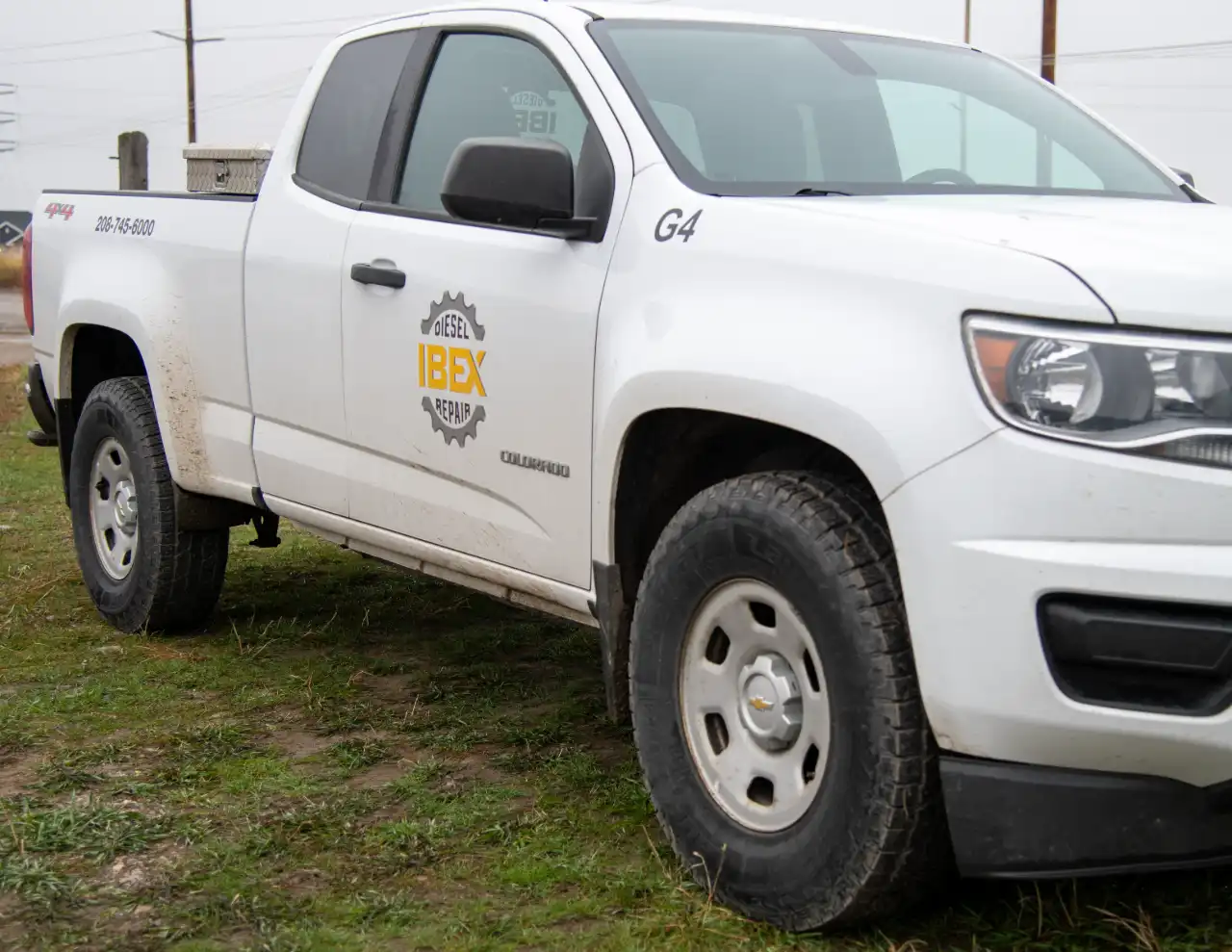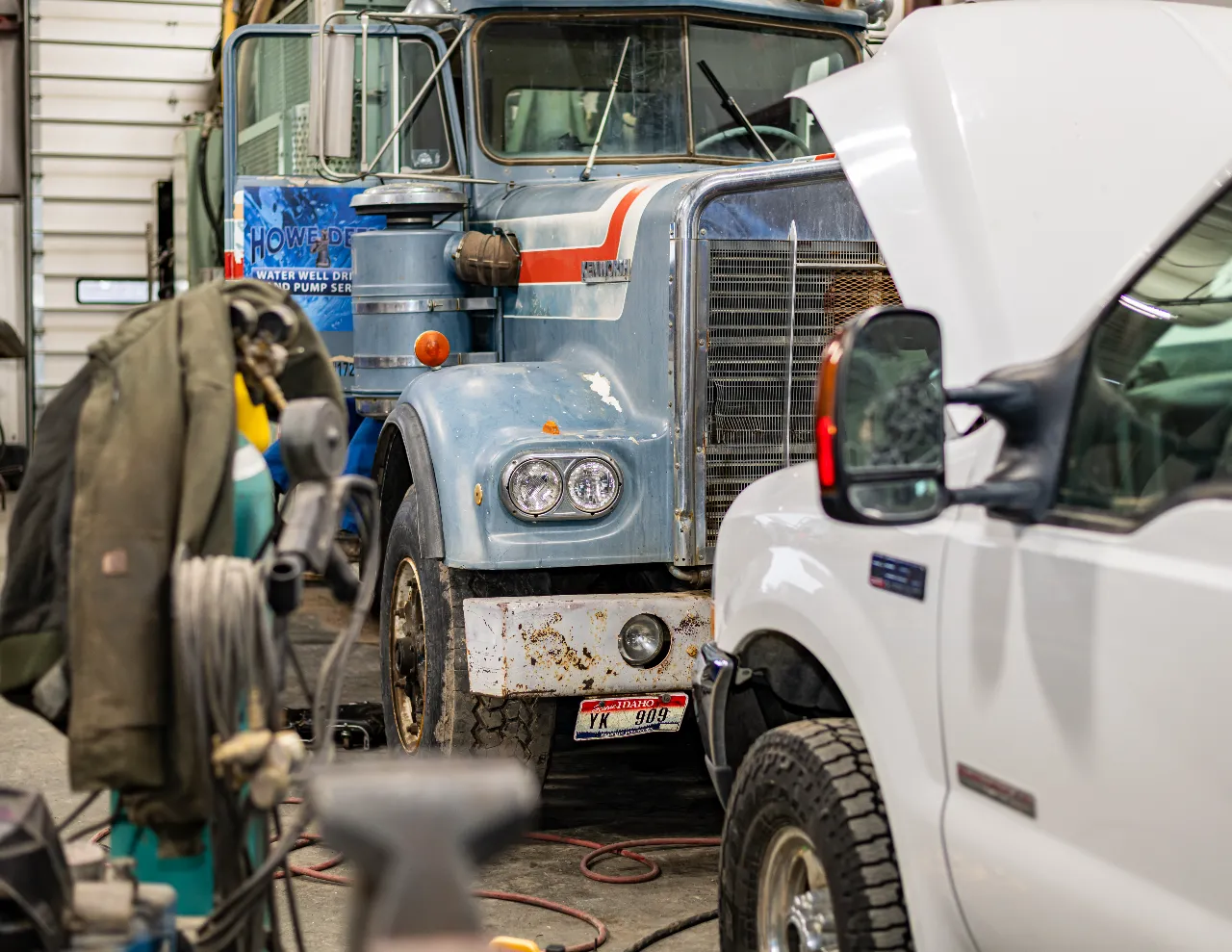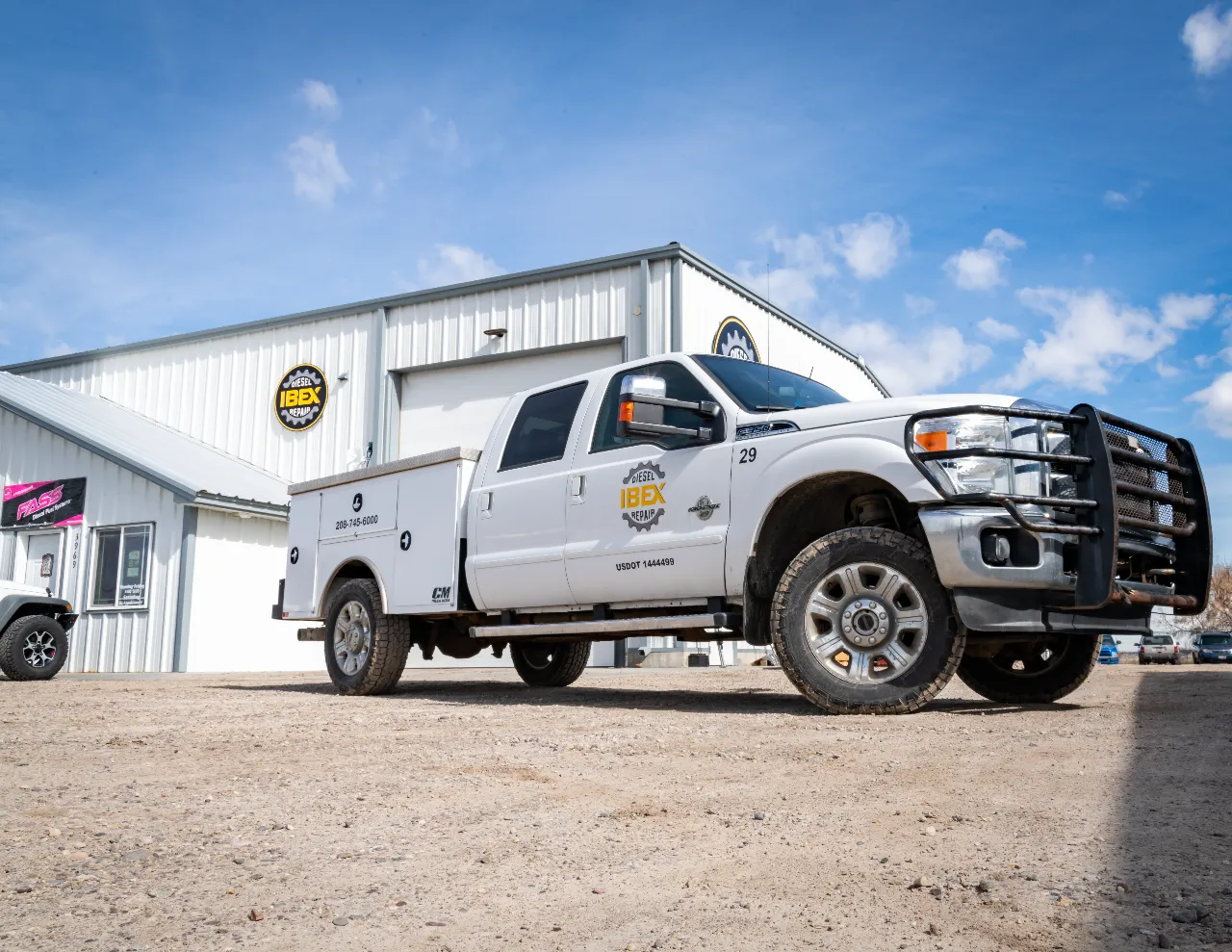Field Service to the Rescue: How Mobile Diesel Repair Cuts Farm Downtime in Half

In modern agriculture, maintaining operational efficiency is crucial. Farmers across the Upper Snake River Plain invest millions in machinery that shortens planting and harvest times, maximizes fuel use, and adheres to strict environmental standards. When an essential machine unexpectedly breaks down, the impact spreads through planting schedules, labour planning, and contractual commitments. While traditional workshop repairs have served farmers for many years, the emergence of mobile diesel repair services has transformed best practices by providing advanced diagnostics, precision tools, and OEM-grade parts directly in the field. This article examines how on-site repairs can reduce downtime by over 50 percent, safeguard annual income, and enhance long-term asset value for farms in the Rigby, Idaho area.
The Economic Impact of Unplanned Downtime
Unplanned downtime is not just an inconvenience; it is a measurable cost centre. For row-crop producers, each hour of delay during a critical growth stage can lower yield potential, necessitate additional passes, and increase variable costs, such as fuel and labour. Dairy and feedlot operators face similar issues: any disruption to feed mixing, manure handling, or irrigation can threaten animal health and raise compliance concerns.
Researchers at the University of Idaho estimate that a high-horsepower tractor needed for fall tillage can generate over CAD 2,700 in value per operational day during peak season. When that equipment is immobilized, lost productivity quickly adds up. Additionally, towing oversized machinery to a distant workshop involves transportation fees, permit costs, and—most importantly—time lost waiting in a service queue.
Limitations of Conventional Shop-Based Repairs
Workshop overhauls remain essential for complex engine rebuilds or complete drivetrain replacements. However, their limitations become clear when the goal is immediate field readiness.
- Logistical Constraints: Transporting a 20-ton articulated tractor or self-propelled sprayer requires specialized low-bed trailers, pilot vehicles, and often route approvals from the Idaho Transportation Department.
- Scheduling Delays: Agricultural equipment shares service bays with over-the-road trucks, mining vehicles, and industrial engines. Peak harvest times often exceed workshop capacity, leading to longer wait times.
- Inflexible Operating Windows: Many regional facilities adhere to traditional business hours, whereas farming operations often operate 24/7 during planting and harvest seasons.
Principles of Mobile Diesel Repair
On-site diesel mechanic units operate as fully integrated mobile workshops. Each service truck is equipped to handle 90 percent of field-level failures.
- High-speed telematics interfaces that can read and reset fault codes from all major OEM control modules.
- Welders, plasma cutters, and hydraulic crimpers are used to fabricate hoses or patch structural components.
- A climate-controlled parts locker pre-stocked with filters, belts, injectors, and electronic sensors matching the local agricultural fleet profile.
- An environmental containment suite—including spill kits, absorbent pads, and reclamation tanks—to meet provincial environmental regulations.
Efficiency Gains Delivered by Field Service
A well-organized farm equipment service programme can cut average downtime in half by replacing sequential repair steps with simultaneous activities.
- Rapid Deployment: Technicians located in Rigby or Rexburg can reach most farms in Jefferson and Madison County within 60 minutes.
- Parts Preparedness: Dynamic inventory algorithms monitor usage patterns across brands, models, and component families, facilitating more informed decisions. Items with high failure rates are always carried on every truck.
- Real-Time Collaboration: Mobile units support fibre-backed Wi-Fi or 5G connectivity, enabling live consultations with OEM engineers and instant warranty approvals.
- Continuous Operations: A genuine 24/7 mobile mechanic service roster ensures coverage during night shifts, which are common during grain harvest or silage chopping.
Preventive Maintenance at the Point of Use
While emergency interventions make the headlines, scheduled mobile maintenance provides an equally valuable return on investment. On-site oil sampling, valve-lash checks, and software updates eliminate downtime and coordinate maintenance cycles across the fleet. Producers thus avoid the patchwork intervals that occur when units are taken out of service at different times.
In Idaho’s dry climate, dust ingestion remains a leading cause of increased wear on pistons, liners, and turbochargers. Implementing regular filter inspections and on-site compressor-side cleaning helps prevent gradual efficiency declines that could otherwise go unnoticed until a catastrophic failure occurs.
Regulatory Compliance and Record Keeping
Environmental and safety compliance standards continue to tighten. A mobile service partner knowledgeable in Occupational Safety and Health Administration (OSHA) rules and Natural Resources Conservation Service (NRCS) water-quality guidelines can help reduce liability risks.
- Fluid Handling: Used oil and coolant are collected in sealed containers and sent to certified recyclers for proper disposal and recycling.
- Safety Lockout/Tag-Out: Field crews follow lockout procedures before entering guarded zones, such as PTO shafts.
- Digital Documentation: Service reports are entered directly into the farm’s asset management platform, creating an auditable trail needed for equipment lease agreements and insurance renewals.
Selecting a Mobile Diesel Service Provider
When assessing providers, producers should use the following criteria:
- Geographic Coverage: Ensure the organization commits to a response time of under 90 minutes. A company based in your specific region will have region-specific inventory.
- Brand Expertise: A qualified partner should demonstrate proficiency with Case IH, John Deere, New Holland, Claas, and Cummins power units, which are commonly used in the Upper Snake River Plain and other agricultural regions.
- Integrated Parts Supply: OEM and Tier-One aftermarket relationships expedite procurement and mitigate pricing.
- Data Transparency: Providers must supply electronic service logs, parts usage, and predictive maintenance insights that are compatible with existing farm management software.
- Safety Culture: Technicians should hold MSHA, confined-space, and EPA Section 609 refrigerant-handling certifications.
Long-Term Asset Preservation
By engaging a field service diesel partner for both corrective and preventive tasks, producers extend component life and maintain higher residual values. Auction data from 2024 indicates that machines with verifiable agricultural machinery repair histories command premiums of four to six percent over comparable units lacking documented maintenance. When aggregated across a fleet, the capital-conservation effect becomes substantial.
Integration With Digital Agriculture Platforms
Leading mobile providers now upload service data directly to cloud-based telemetry dashboards, enabling cross-functional insights:
- Fuel-burn anomalies linked to injector coefficient updates during field recalibration.
- Engine-hour forecasting aligned with planting prescriptions based on satellite imagery.
- Warranty adjudication is automated using fault-code history, decreasing administrative workload.
This collaboration between hardware, software, and service teams supports evidence-based decisions that enhance profitability.
Conclusion: Reducing the Hidden Cost of Delay
Unplanned mechanical failures cannot be entirely eliminated, but their effects can be mitigated through proactive engagement with a skilled on-site service partner. By providing tractor breakdown assistance exactly where and when it is needed, farms decrease transport delays, enhance labour efficiency, and protect essential production windows. For operations in Rigby and the more expansive Upper Snake River Plain, working with a knowledgeable Idaho farm diesel repair provider is more than just a convenience; it is a vital strategy for maintaining a competitive edge in a challenging commodity market.



